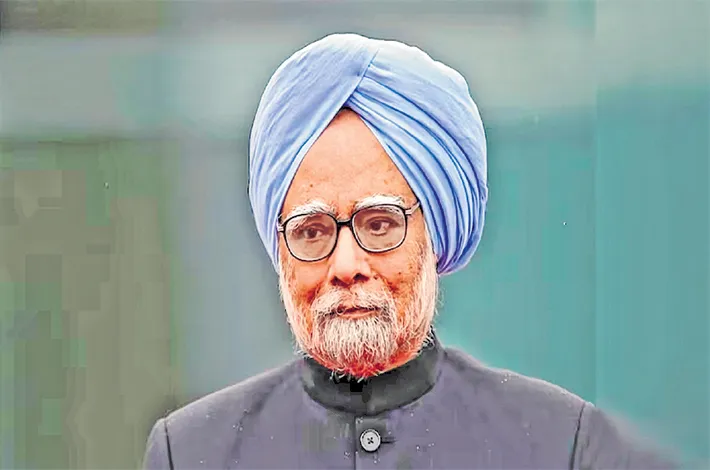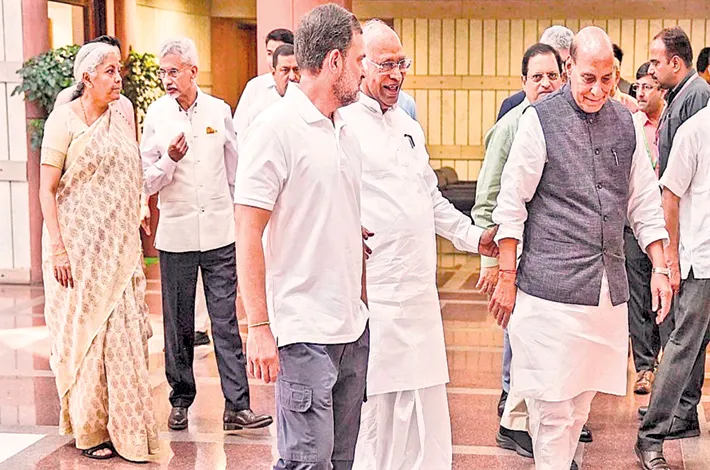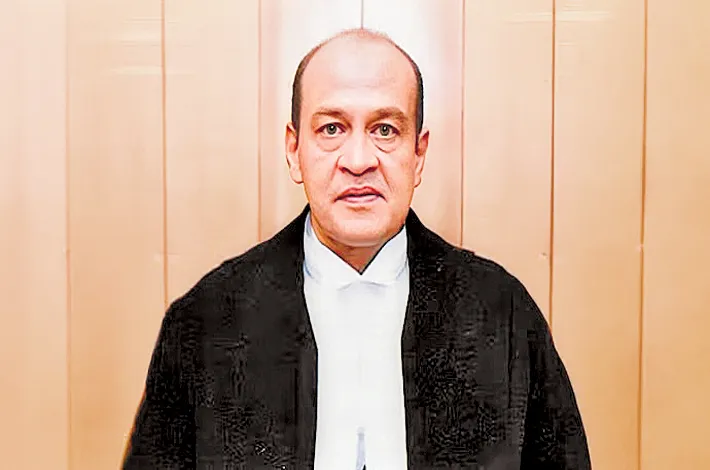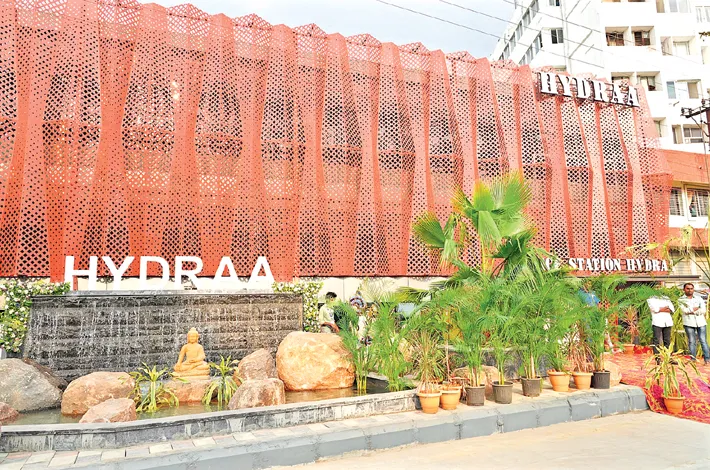Manmohan Singh: A legacy of grace, democracy, and integrity
31-12-2024 12:00:00 AM

Former Prime Minister’s death rekindles hope for a lost democratic ethos in India
Manmohan Singh’s demise has stirred a poignant wave of reflection across the nation, reminding us of an era when integrity, humility, and democratic values held sway in Indian politics.
While his tenure as Prime Minister invited sharp criticism, particularly during the latter part of his second term, his personal honesty and intellectual depth were never in doubt.
As corruption scandals marred his government’s reputation, Singh’s inability to assert control over coalition ministers was perceived as a weakness. Yet, the structural constraints of coalition politics made aggressive actions nearly impossible.
Despite these challenges, his contributions to India remain monumental, securing him a place in history as a transformative figure rather than a weak administrator.
In death, Singh has outshone the current political landscape, offering a stark contrast to the prevailing ethos. His life and legacy compel the nation to confront the rise of religious bigotry and erosion of institutional independence.
His achievements—a fiercely free India with sky-high aspirations for all communities—are now a nostalgic memory in a politically polarised environment.
Manmohan Singh’s tenure was marked by economic reform and democratic sensitivity. A technocrat-turned-politician, his lack of political capital was offset by his stellar credentials as a reformer and administrator.
He prioritised institutional integrity, safeguarded the Constitution, and refused to employ authoritarian measures, even when the situation might have warranted it.
His policies, including the Right to Information Act, Right to Education, and food security and employment guarantees, have had lasting impacts. Ironically, these very frameworks provided critical support during the COVID-19 pandemic but were overshadowed by a cacophony of propaganda that overlooked his contributions.
Singh’s political opponents, like Sushma Swaraj, found him disarmingly gracious, epitomising a decency now missing from parliamentary discourse. His humour and humility, even under attack, highlighted his commitment to fostering dialogue rather than division.
The tributes pouring in since his passing underline an inescapable truth: India lost not just a leader but a custodian of its democratic ethos. As the nation mourns, it also yearns for the civility, inclusiveness, and integrity that Singh represented.
His death has offered India a rare moment of introspection—a mirror to its present and a reminder of what it has left behind.
Manmohan Singh’s life was a testament to the power of goodness and quiet determination. In an age of loud theatrics and manufactured pomposity, his legacy is a beacon of hope, urging us to reclaim the ideals of democracy, decency, and a politics of accommodation.








